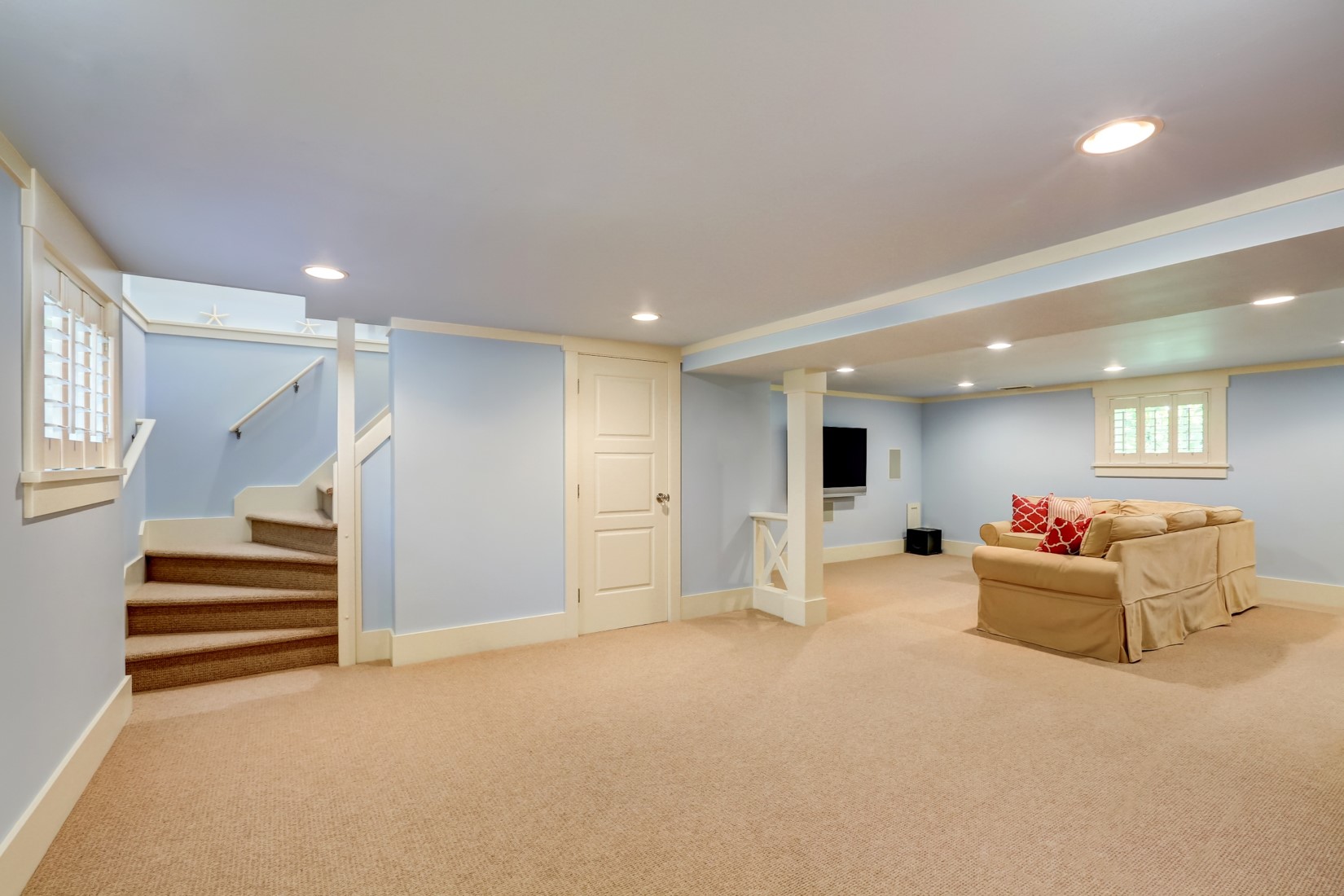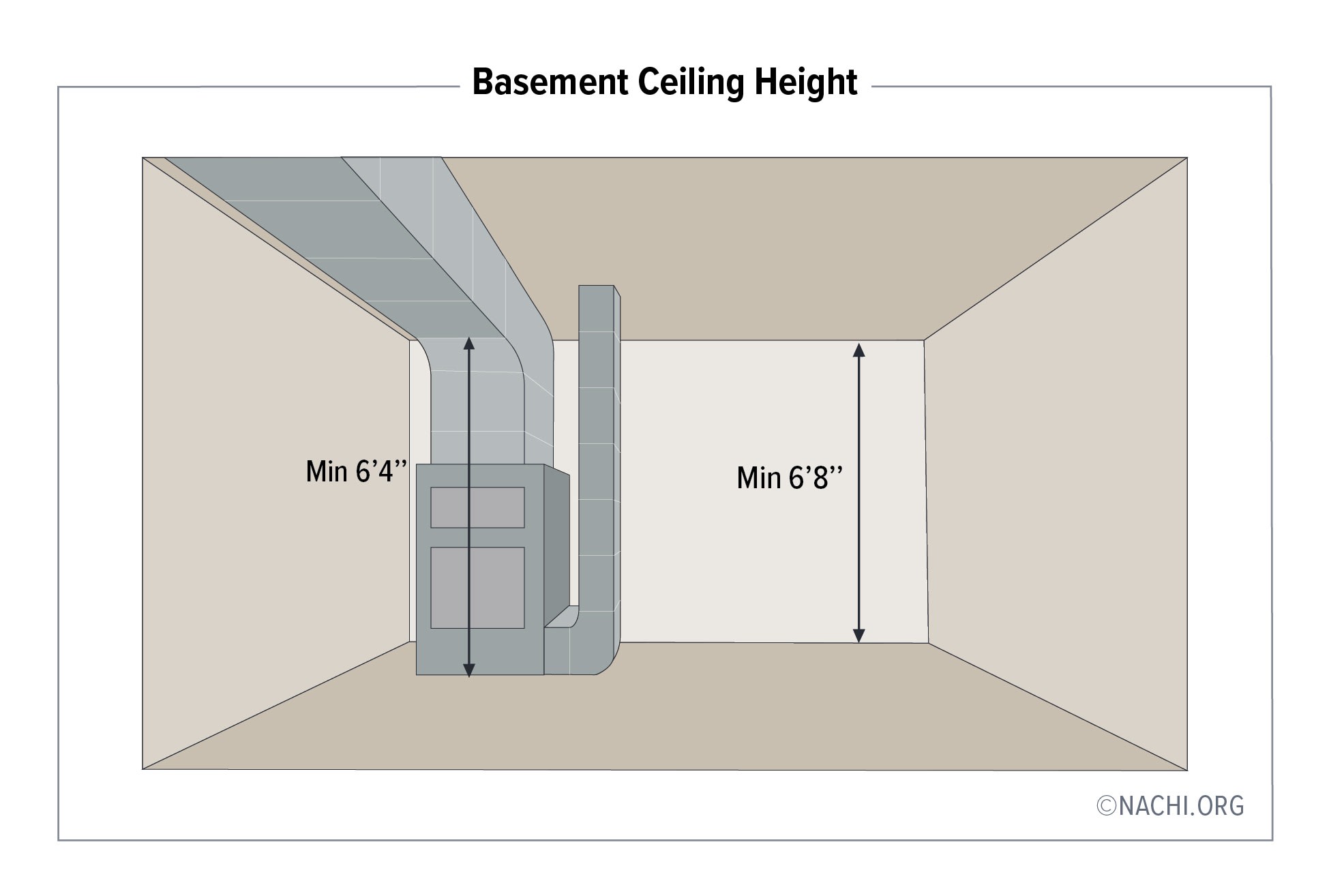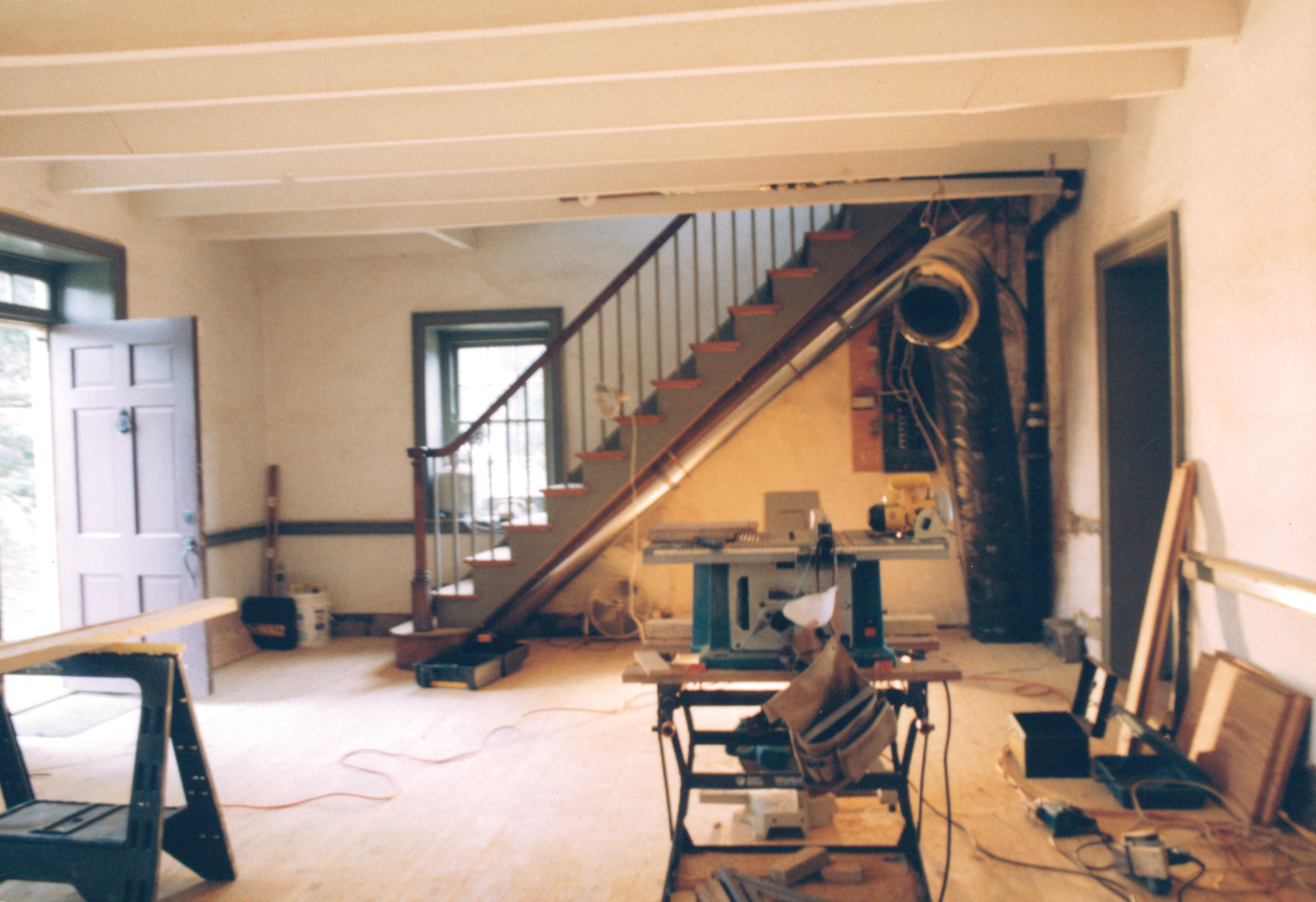The height of your basement ceiling is an important consideration when finishing your basement. It affects the functionality, comfort, and value of your home.
Pain Points
A low basement ceiling can make a space feel cramped and uncomfortable. It can also make it difficult to use the space for certain activities, such as standing up straight or using tall furniture. In addition, a low basement ceiling can reduce the value of your home.
Basement Ceiling Height: Considerations And Regulations
The minimum basement ceiling height is typically 7 feet. However, some municipalities may have different requirements. It is always best to check with your local building department to determine the specific requirements for your area.

25 Basement Remodeling Ideas & Inspiration: Basement Ceiling Height Canada – Source realbasementideas.blogspot.com
In addition to the minimum height requirement, there are also other factors to consider when determining the height of your basement ceiling. These factors include:
If you plan to use the space for a home theater or a playroom, you will need a higher ceiling than if you plan to use it for storage.
A small space will feel more cramped with a low ceiling than a large space.
A space with a lot of natural light can tolerate a lower ceiling than a space with no natural light.

Minimum residential ceiling heights can differ depending on the use of – Source www.pinterest.com
Basement Ceiling Height: Considerations And Regulations
The target of Basement Ceiling Height: Considerations And Regulations is to provide information about the minimum basement ceiling height requirements and other factors to consider when determining the height of your basement ceiling.
This information can help you make an informed decision about the best way to use your basement space while complying with local building codes.

How Much Does It Cost To Finish A Basement In Maryland – Openbasement – Source www.openbasement.com
Basement Ceiling Height: Considerations And Regulations
The history of Basement Ceiling Height: Considerations And Regulations is relatively short. The first building codes that addressed basement ceiling heights were adopted in the early 20th century.
These codes were designed to ensure that basements were habitable spaces. Prior to the adoption of these codes, basements were often used as storage spaces or even as living quarters for servants.

Painting Your Basement Ceiling (Paint Any Type of Basement Ceiling Like – Source remodelreality.com
Basement Ceiling Height: Considerations And Regulations
The hidden secret of Basement Ceiling Height: Considerations And Regulations is that it can be used to create a more comfortable and livable space in your home.
By following the tips and advice in this article, you can create a basement that is both functional and beautiful.

Basement Ceiling Height – Inspection Gallery – InterNACHI® – Source www.nachi.org
Basement Ceiling Height: Considerations And Regulations
Here are a few recommendations for Basement Ceiling Height: Considerations And Regulations:
- Check with your local building department to determine the minimum ceiling height requirements for your area.
- Consider the type of activities you plan to use the space for.
- Think about the size of the space.
- Take into account the amount of natural light.
- Get creative with your design.

Basement Ceilings – Inspection Gallery – InterNACHI® – Source www.nachi.org
Basement Ceiling Height: Considerations And Regulations
There are many different ways to use Basement Ceiling Height: Considerations And Regulations to create a more comfortable and livable space in your home.
Here are a few ideas:
- Use a drop ceiling to lower the ceiling height in a small space.
- Install skylights to bring in natural light.
- Use light colors and finishes to make the space feel larger.
- Add mirrors to reflect light and make the space feel more open.
- Get rid of unnecessary clutter.

Painted Basement Ceiling: A Stylish Addition to Your Basement – Source builddesigncenter.com
Basement Ceiling Height: Considerations And Regulations
Here are some tips for Basement Ceiling Height: Considerations And Regulations:
- Plan carefully. Before you start any work, take the time to plan out the layout of your basement and determine the height of the ceiling.
- Get the right permits. If you are planning to make any structural changes to your basement, you will need to obtain a permit from your local building department.
- Hire a qualified contractor. If you are not comfortable doing the work yourself, hire a qualified contractor to help you.
- Follow the building codes. Make sure to follow all of the building codes that apply to your project.
- Inspect the work regularly. Once the work is complete, inspect it regularly to make sure that it is done correctly.
Low Basement Ceiling. Can I finish it? | DIY Home Improvement Forum – Source www.diychatroom.com
Basement Ceiling Height: Considerations And Regulations
Basement Ceiling Height: Considerations And Regulations is an important part of any basement remodel.
By following the tips and advice in this article, you can create a basement that is both functional and beautiful.

Increasing the height of a basement ceiling – Handmade Houses with Noah – Source handmadehouses.com
Basement Ceiling Height: Considerations And Regulations
Fun Facts about Basement Ceiling Height: Considerations And Regulations:
- The average basement ceiling height in the United States is 7 feet.
- The minimum basement ceiling height required by most building codes is 7 feet.
- A higher basement ceiling height can make a space feel more spacious and comfortable.
- A lower basement ceiling height can help to create a more cozy and intimate space.
- The cost of raising a basement ceiling can vary depending on the size of the space and the materials used.

How to Finish, Frame, and Insulate a Basement | Finishing basement – Source www.pinterest.com
Basement Ceiling Height: Considerations And Regulations
To Basement Ceiling Height: Considerations And Regulations follow these steps:
- Determine the minimum ceiling height requirements for your area.
- Plan the layout of your basement and determine the height of the ceiling.
- Get the right permits.
- Hire a qualified contractor.
- Follow the building codes.
- Inspect the work regularly.
Basement Ceiling Height: Considerations And Regulations
What if Basement Ceiling Height: Considerations And Regulations does not go as planned? If the Basement Ceiling Height: Considerations And Regulations does not go as planned, there are a few things you can do:
- Contact your contractor and explain the situation.
- File a complaint with your local building department.
- Hire an attorney.
Basement Ceiling Height: Considerations And Regulations
Here is a listicle of Basement Ceiling Height: Considerations And Regulations:
- Minimum basement ceiling height requirements vary by municipality.
- The average basement ceiling height in the United States is 7 feet.
- A higher basement ceiling height can make a space feel more spacious and comfortable.
- A lower basement ceiling height can help to create a more cozy and intimate space.
- The cost of raising a basement ceiling can vary depending on the size of the space and the materials used.
Question and Answer
Here are some frequently asked questions about Basement Ceiling Height: Considerations And Regulations:
- What is the minimum basement ceiling height?
The minimum basement ceiling height is typically 7 feet.
- Can I lower the ceiling height in my basement?
Yes, you can lower the ceiling height in your basement by using a drop ceiling or by installing a suspended ceiling.
- How much does it cost to raise a basement ceiling?
The cost of raising a basement ceiling can vary depending on the size of the space and the materials used.
- Do I need a permit to raise my basement ceiling?
Yes, you will need to obtain a permit from your local building department before you can raise your basement ceiling.
Conclusion of Basement Ceiling Height: Considerations And Regulations
Basement Ceiling Height: Considerations And Regulations is an important part of any basement remodel. By following the tips and advice in this article, you can create a basement that is both functional and beautiful.